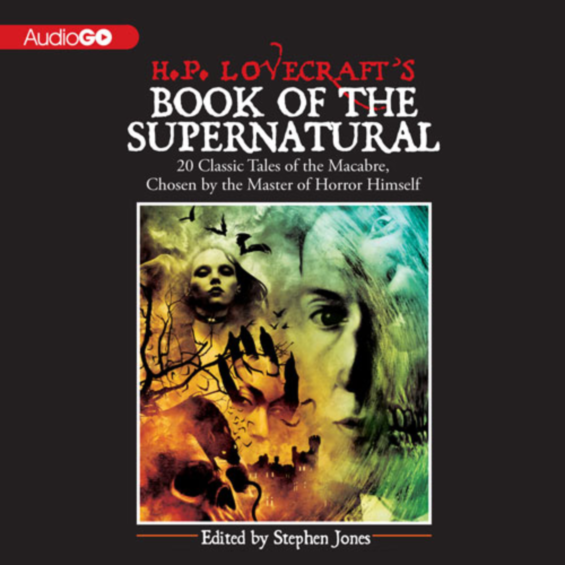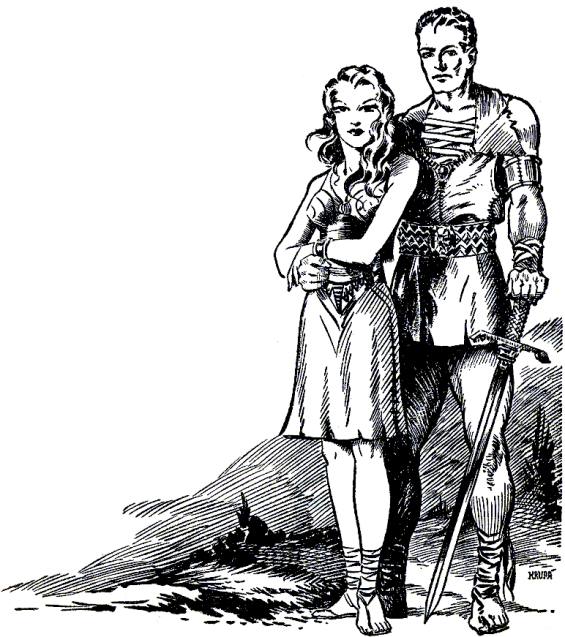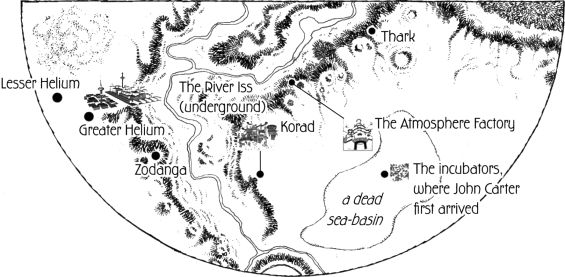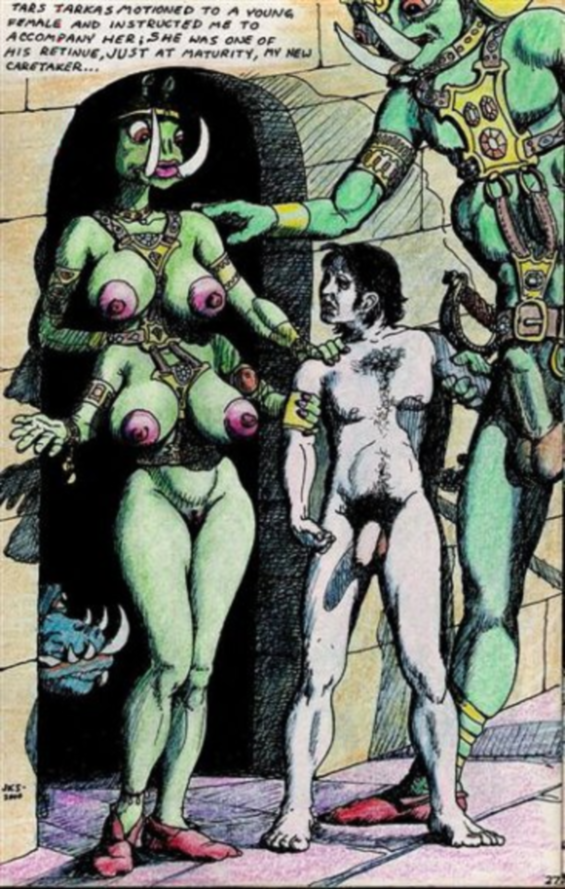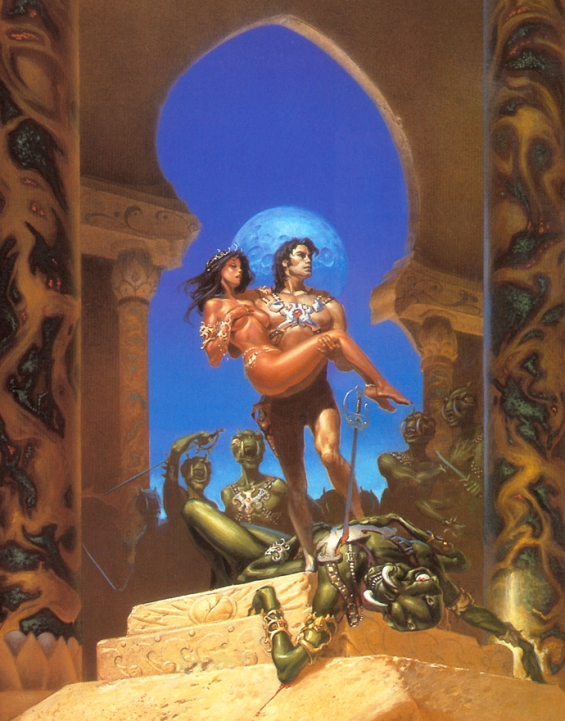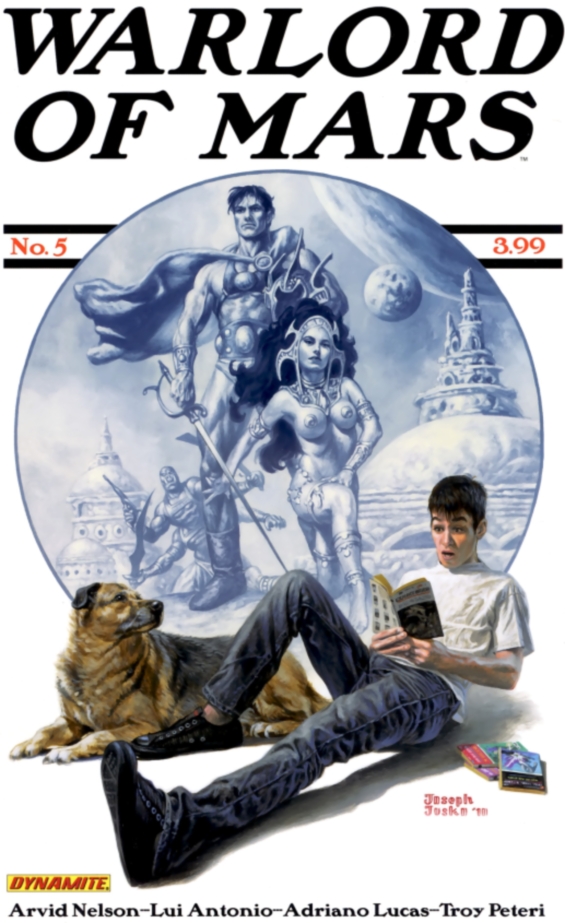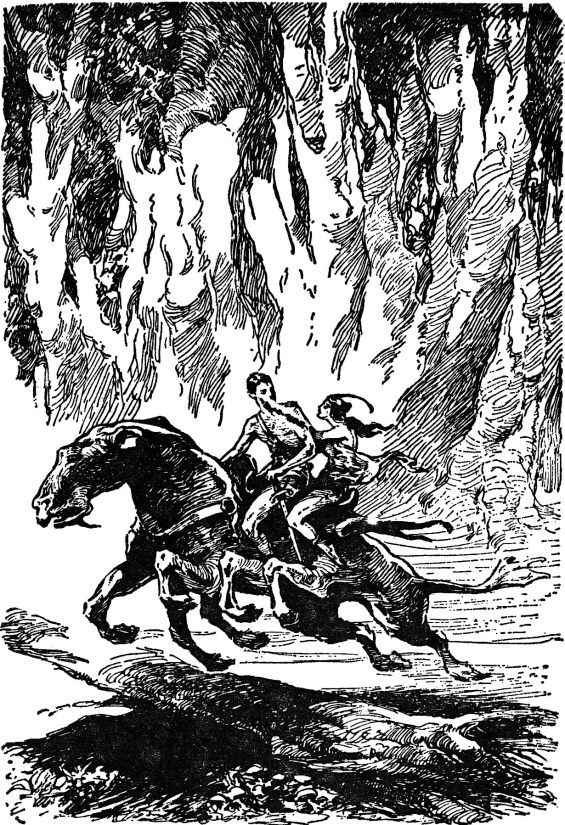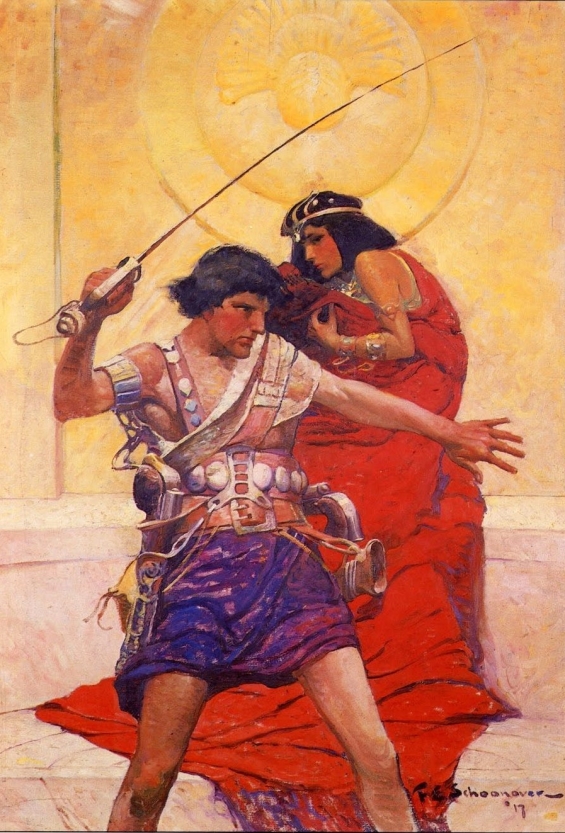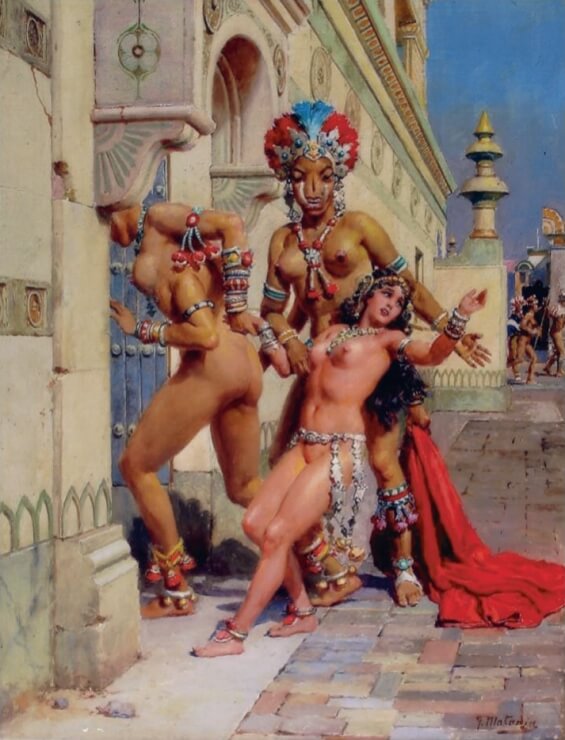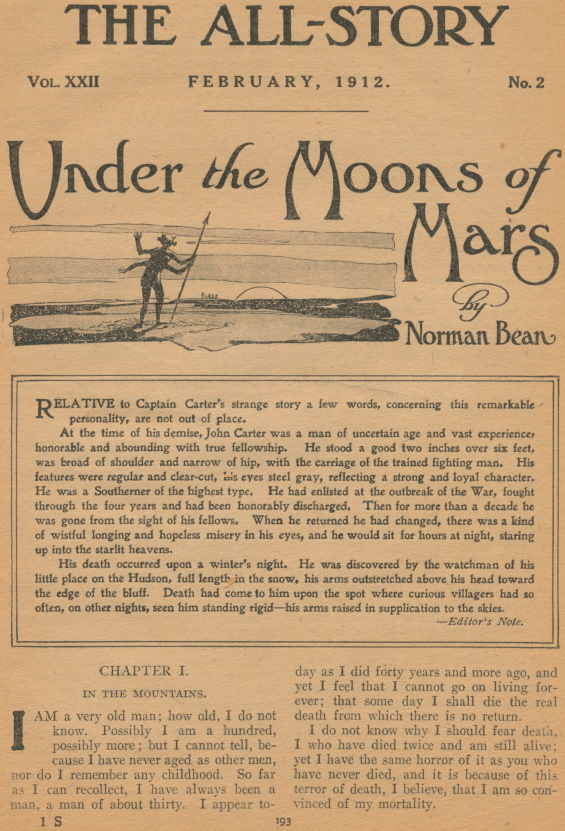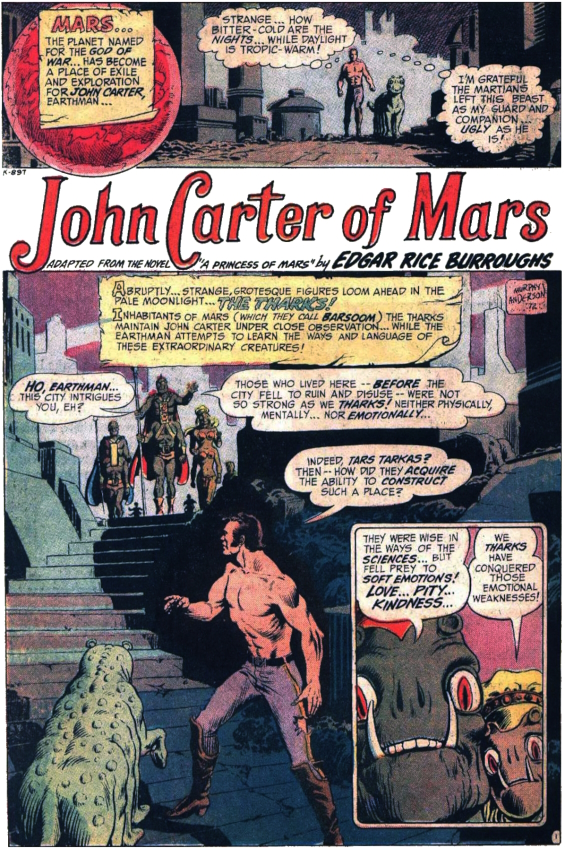
Recently arrived, and currently being soaked in through my skin and ears, is this giant collection of weird fiction. Assembled from a list of stories found in H.P. Lovecraft’s essay Supernatural Horror In Literature, it is a collection of well known and obscure classics by authors that H.P. Lovecraft loved.
Looking at the table of contents I noted that I’d already read several of the stories in this collection – including The Turn Of The Screw (we did a podcast about that one), the engimatic Christmas horror Markheim, the scientific ghost tale What Was It?, the unutterably creepy and horrific The Voice In The Night very recently, and many years ago, perhaps in high school, The Yellow Wallpaper. But even though I’ve read some of these stories already I’m still very excited. Each of the stories seems to be preceded by some relevant words by Lovecraft himself – and at the very least I will be listening to the mini-introductions to those stories I am well familiar with.
Until then I will content myself in listening to the unknown ones. For example, the frightful first person narrative of Who Knows? by Guy de Maupassant is thrilling and wondering me in the exact same way The Horla almost exactly one year ago. It’s wonderful!
H.P. Lovecraft’s Book Of The Supernatural
Edited by Stephen Jones; Read by Bronson Pinchot, Stephen Crossley, Davina Porter, Madeleine Lambert, Mark Peckham
MP3 DOWNLOAD – Approx. 16 Hours 44 Minutes [UNABRIDGED]
Publisher: AudioGo
Published: August 1, 2012
Written by arguably the most important horror writer of the twentieth century, H.P. Lovecraft’s 1927 essay Supernatural Horror in Literature traces the evolution of the genre from the early Gothic novels to the work of contemporary American and British authors. Throughout, Lovecraft acknowledges those authors and stories that he feels are the very finest the horror field has to offer: Washington Irving, Edgar Allan Poe, Henry James, Rudyard Kipling, Bram Stoker, Robert Louis Stevenson, Guy de Maupassant, Ambrose Bierce, and Arthur Conan Doyle, each prefaced by Lovecraft’s own opinions and insights in their work. This chilling collection also contains Henry James’ wonderfully atmospheric short novel…The Turn of the Screw. For every fan of modern horror, here is an opportunity to rediscover the origins of the genre with some of most terrifying stories ever imagined.
Here’s the table of contents:
Introduction by editor Stephen Jones – Approx. 7 Minutes
Notes on Writing Weird Fiction By H.P. Lovecraft – Approx. 11 Minutes
The Tale of the German Student by Washington Irving – Approx. 14 Minutes
Markheim by Robert Louis Stevenson – Approx. 49 Minutes
Who Knows? by Guy de Maupassant – Approx. 34 Minutes
The Invisible Eye by Erckmann-Chatrian – Approx. 41 Minutes
The Torture by Hope by Villiers de l’Isle Adam – Approx. 15 Minutes
Ms. Found in a Bottle by Edgar Allan Poe – Approx. 29 Minutes
What Was It? by Fitz-James O’Brien – Approx. 34 Minutes
The Middle Toe of the Right Foot by Ambrose Bierce – Approx. 24 Minutes
The Turn Of The Screw by Henry James – Approx. 4 Hours 52 Minutes
The Dead Smile by F. Marion Crawford – Approx. 57 Minutes
The Wind In The Rose-Bush by Mary E. Wilkins-Freeman – Approx. 38 Minutes
The Yellow Wallpaper by Charlotte Perkins Gilman – Approx. 36 Minutes
The Recrudescence of Imray by Rudyard Kipling – Approx. 30 Minutes
The Hands Of Karma (Ingwa-banashi) by Lafcadio Hearn – Approx. 11 Minutes
The Burial Of The Rats by Bram Stoker – Approx. 1 Hour 7 Minutes
The Red Lodge by H.R. Wakefield – Approx. 35 Minutes
The Captain Of The Pole-Star by Sir Arthur Conan Doyle – Approx. 1 Hour 6 Minutes
The Villa Desiree by May Sinclair – Approx. 28 Minutes
The Voice In The Night by William Hope Hodgson – Approx. 36 Minutes
Novel of the White Powder by Arthur Machen – Approx. 48 Minutes
Posted by Jesse Willis
